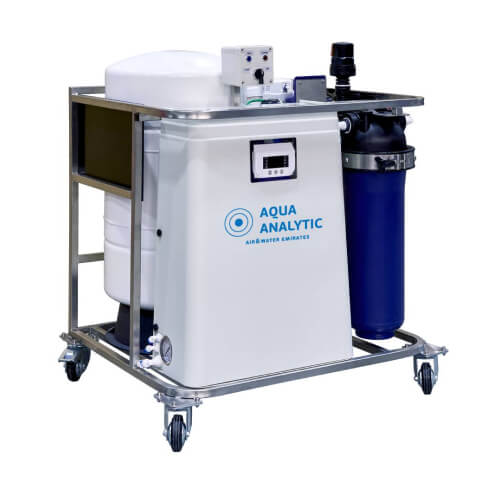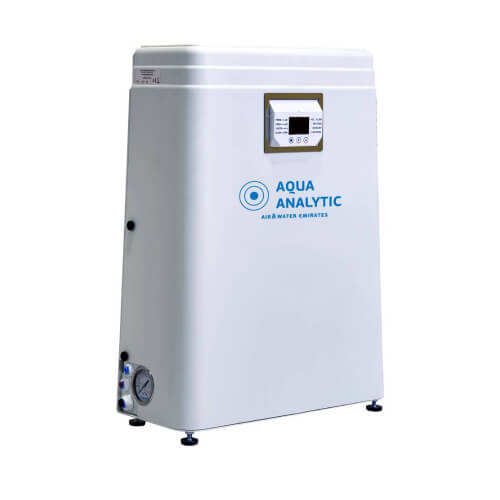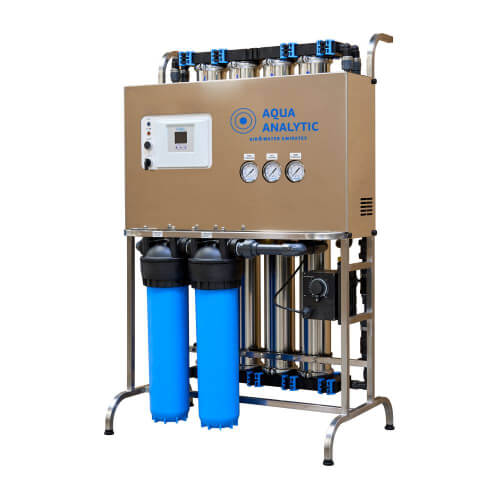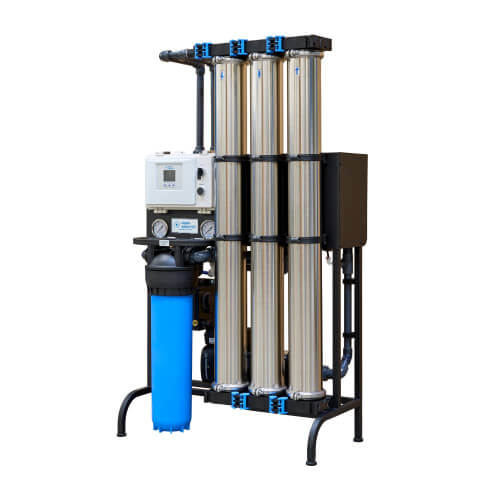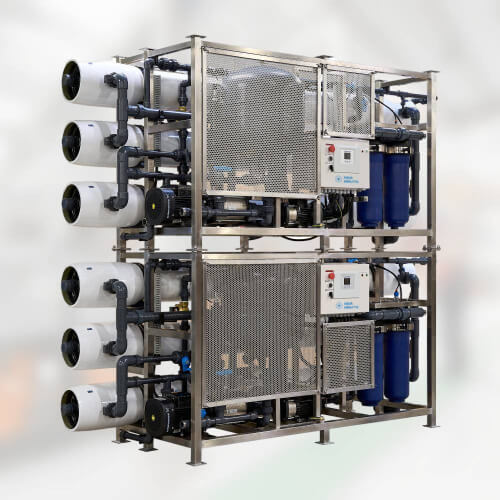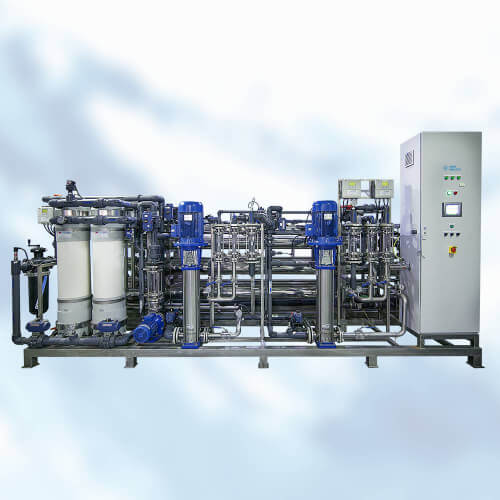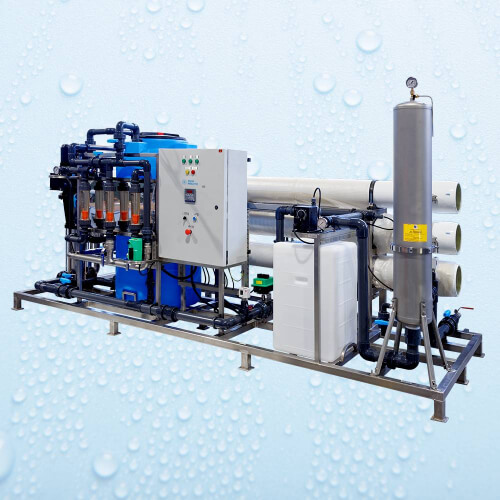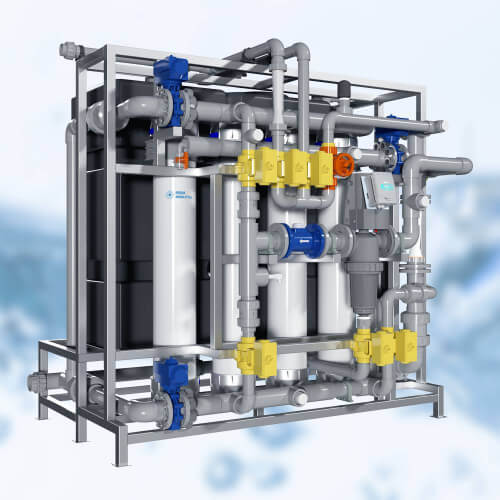Recent Posts
What are the benefits of Reverse Osmosis (RO) to various processes in different industries
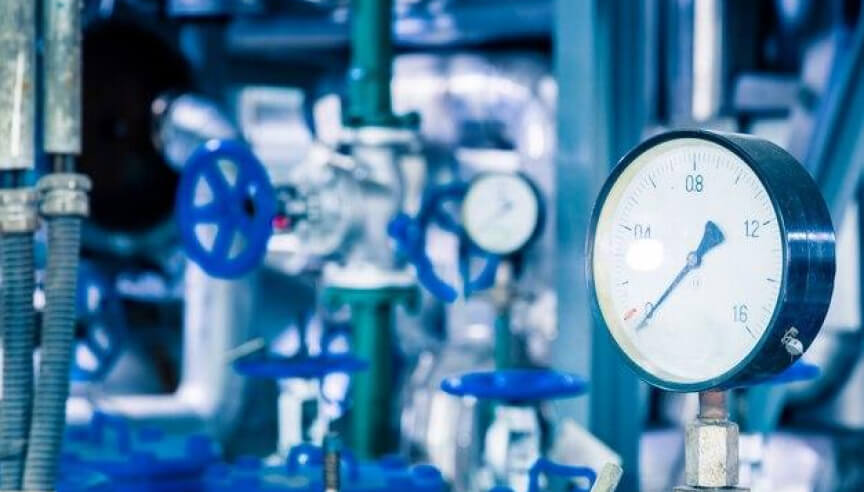
Reverse osmosis (RO) offers several advantages when integrated into various technological processes across industries.
Reverse osmosis (RO) offers several advantages when integrated into various technological processes across industries:
1. Water Purity:
RO produces high-quality, purified water by removing impurities, salts, and contaminants, ensuring the water meets specific standards required for different processes.
2. Cost-Efficiency:
It can be cost-effective for industries needing purified water compared to other methods, especially when considering long-term operational costs and maintenance.
3. Scalability:
RO systems can be scaled up or down based on the water demand, making them adaptable to various production capacities.
4. Space Efficiency:
RO systems can be compact, allowing integration into existing infrastructure without requiring significant space, crucial in industries with limited space availability.
5. Environmental Impact:
Compared to other water purification methods, RO can be less energy-intensive and produce less waste, contributing to lower environmental impact.
6. Consistency in Output:
It ensures a consistent and reliable output quality, crucial for processes in industries such as pharmaceuticals, electronics, and food and beverage.
7. Reduced Dependency on Chemicals:
RO minimizes the need for chemical treatments in water purification processes, reducing the environmental footprint and the handling of potentially hazardous substances.
8. Flexibility in Application:
RO systems can be customized to address specific water quality requirements, making them versatile for various industrial applications.
9. Wastewater Minimization:
In certain applications, RO can help in recycling and reusing water, reducing overall water consumption and minimizing wastewater discharge.
10. Improves Equipment Longevity:
By providing purified water, RO helps in preventing scale buildup and corrosion in equipment, thus extending their lifespan and reducing maintenance costs.
11. Health and Safety:
For industries like healthcare and pharmaceuticals, RO ensures the production of water that meets stringent health and safety standards, critical for human consumption and medical applications.
12. Desalination Potential:
In areas with water scarcity, RO is used for desalination, making it possible to convert seawater or brackish water into potable water for various uses.
Integrating reverse osmosis into technological processes offers a myriad of advantages, catering to the diverse needs of different industries while providing high-quality, purified water essential for their operations.

